Coconut water has become a trendy drink, but is it as healthy as they say? Here are the top coconut water brands that don’t have any added sugar!
As with most things skyrocketing into the American collective conscious, there is some truth behind the craze, and some fiction. It is important, when dealing with one’s health, to really understand the details and reasons behind consuming trendy products.
While many clients I’ve had have successfully changed their diet to include coconut water on a regular basis, just as many of them have bought into the over-hyped claims or consumed a kind of coconut water that leaves them barely better off than drinking a soda.
One of the most important distinctions to make here, as is so often the case when dealing with issues of diet, is to consider your own, personal context. If you are sedentary and work at a desk job, some athletes competing in the CrossFit games may be able to consume more sugar than you can. No matter what product you are consuming, this is just the way the human body and metabolism works. Another critical factor is age. The older we get, the more our metabolism slows down. But I’m getting ahead of myself. Without further adieu, let’s dive into the truth behind coconut water.
Is Coconut Water Really Healthy?
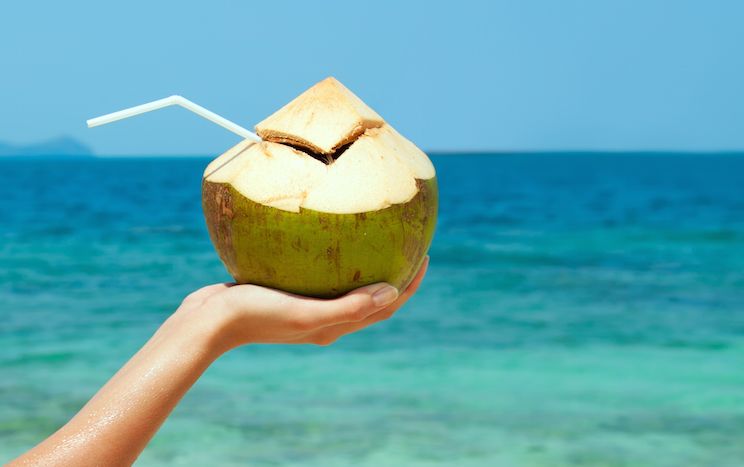
“Almost no calories, no fat or cholesterol, and more potassium than bananas” — this is a pretty typical claim offered by marketers trying to convince you to drink coconut water. But is this the truth? Well, the truth is that it depends on which coconut water you buy. Unfortunately, a lot of us make the wrong choice, and end up drinking just as much sugar as would be contained in Gatorade or soda.
(Read: 12 Painless Ways to Cut Sugar Out of Your Diet)
Let’s take a look at the typical nutritional profile of unflavored coconut water, which does have some nutritional benefits. 8 oz. of unflavored coconut water has around 45 calories, 10 grams of sugar, and 480 milligrams of potassium. The same amount of orange juice, by comparison, has double the sugar and calories. So would switching to coconut water for breakfast instead of orange juice be a healthier choice? Yes. But the trick is to get the unflavored coconut water. Which leads us to our next point…
Store-Bought Coconut Water — The Real Deal?
Since I am willing to bet that almost none of us are producing our own coconut water, we have to consider what most of us are actually consuming. We are getting this product from a store — so what exactly is in these products? Because the numbers I referenced above refer to unflavored coconut water. But when we look at almost all of the products masquerading as “coconut water” on store shelves, “unflavored” is pretty much the last word I would use to describe them. Many coconut water products contain more sugar than 15g per 8 oz. — putting it almost on par with orange juice.
For example, let’s take one unnamed popular coconut water product, and see just how “unflavored” it is. Eight ounces of this product contains 15g of sugar – putting it almost on par with orange juice, and putting it at 50% more sugar than true unflavored coconut water. Worse yet, almost every single coconut water product has a source loaded with fructose (which is not an ideal form of sugar). Usually you will see the second ingredient on these products as “pineapple puree” or something similar.
Why is this a problem? Because these purees are almost pure sugar — and coconut water is already naturally sweet! Now for very active athletes, this extra punch of sugar is sometimes not an issue. But for type II diabetics or those watching their sugar intake (which should really be everyone that isn’t a high level athlete), this extra sugar content can prove to be extremely detrimental over time.
In fact, I was conservative when it came to using one popular coconut water product as an example here. Many products actually contain more sugar than 15g per 8 oz. — leading you further down a sugar-craving rabbit hole. The other issue is that most products actually contain 2 servings within one container — a trick commonly employed by soda companies, as well. So most of us would consume the whole container, and end up with an intake of 30 grams of sugar — more than that original glass of orange juice.
Unfortunately, there is a trend in consumption patterns that tricks most of us into consuming more of something because it is deemed “healthy.” This was seen on a wide scale in the 1990s, where people would commonly load up on Snackwell’s cookies because they were “low-fat.” This is why it’s important to understand the difference between the types of coconut water out there.
Now I am not all against coconut water — in fact, it is a better choice than most liquid calories, especially if consumed in the appropriate amount and when a high-quality product is chosen. So let’s dive into some healthy choices and see how the real coconut water is a much better nutritional option.
How To Tell The Difference

As with most nutritional choices, organic is always better, for starters. Once you’ve found an organic coconut water product, your next step is to look at the ingredients. If you only see “organic coconut water” — congratulations, you’ve found a winning product. Now, some brands may have one or two other ingredients listed, but these can be okay. You just want to avoid any type of “puree” — which is really just a code word for “we added a bunch of sugar.”
Another good litmus test is to see how expensive the product is. Now this won’t always work, but more often than not, the more expensive coconut water products are worth it — meaning, they are higher quality and don’t contain added sugar. This is also seen when it comes to buying organic vegetables or fruits — you may pay more, but the quality increase is almost always worth it.
So at this point you may be thinking to yourself, “Okay, I understand the difference, but what brand(s) should I be buying at the store?” So without further adieu, here are some of the absolute best coconut water products to buy.
The Top Coconut Water Brands
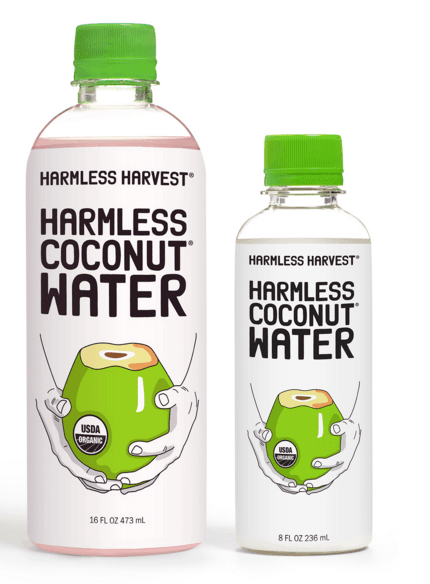
Harmless Harvest – This is the best choice if you are really looking to invest in the highest quality coconut water possible. USDA certified organic — and delicious — this product is also BPA-free, which is an added bonus for those of us looking to avoid this (somewhat questionable) synthetic compound in our product packaging. This is my number one pick when it comes to my own (or my client’s) health.
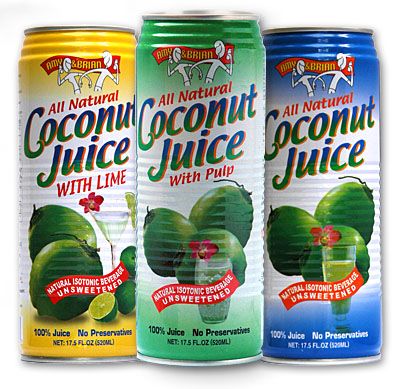
Amy And Brian’s – Next on the list is this wonderful product. While weighing in at 14g of sugar (slightly more than other coconut waters) their quality is top-notch, and well worth your investment. Their other flavors (all delicious) also contain the same amount of sugar, making them that rare brand of coconut water where you aren’t limited to simply drinking the original flavor.
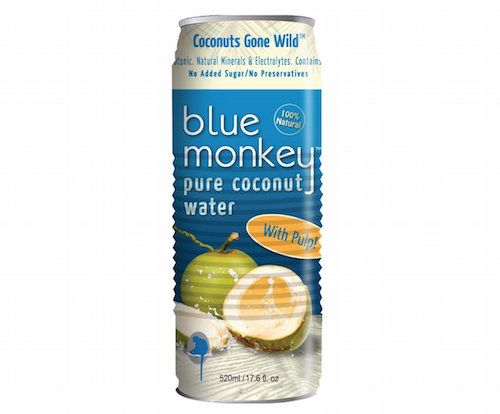
Blue Monkey – Just 100% coconut water. While not organic, Blue Monkey does contain the pulp of the coconut – adding to its authenticity. And at only 10g of sugar per 8 oz, you are getting a pretty good bang for your buck here.
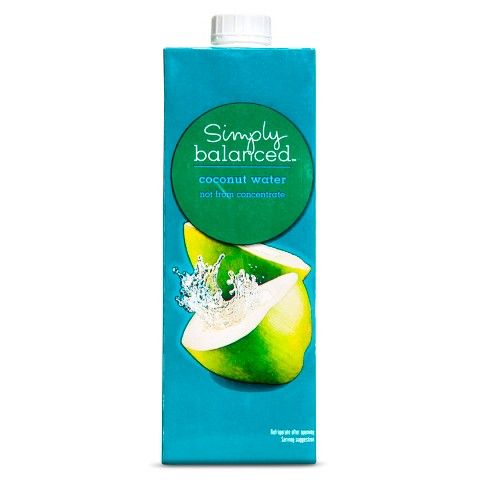
Simply Balanced – The only other ingredient here is vitamin C, which is acceptable. Containing 11g of sugar per 8 oz, this is also a solid choice. As an added benefit, it can be found at Target, which means it’s even easier to grab a healthy choice nearly anywhere. Keep in mind that this is still not organic coconut water, though.
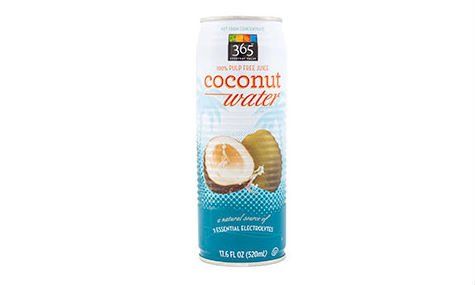
Whole Foods 365 – Who doesn’t like a trip to Whole Foods? This brand is also 100% coconut water, so you can stock up on it whenever you are in the store to grab some other items. At a comparable 11g of sugar, this is a very similar product to Simply Balanced. I drink this fairly regularly because of its sheer convenience, and it can also be used (I water it down) as a delicious ingredient in smoothies.
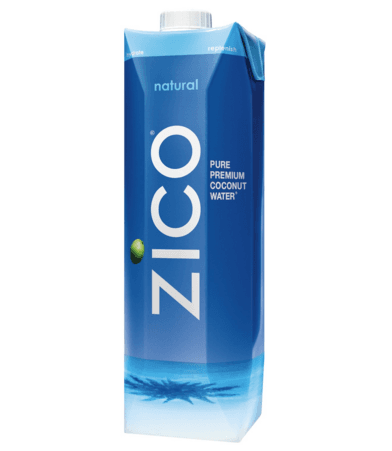
Zico – Make sure you get the original! Another widely available brand, this is just coconut water, too. But again – it is not organic. A perfectly fine choice for those on a budget, and still better than orange juice!
The Bottom Line
There you have it – the truth about coconut water! While largely a success due to pure marketing, coconut water is a nice way to make your Paleo diet more robust and interesting, and is pretty much the only form of liquid calories that is worth drinking. That being said, keep your intake to a fairly low level on a daily basis, and don’t get lost in the hype and marketing. Finally, there are lots of other good products out there! What are some of your favorites?
(Read This Next: 3 Refreshing Ways to Drink Coconut Water)


 Paleo Crab Cakes Recipe
Paleo Crab Cakes Recipe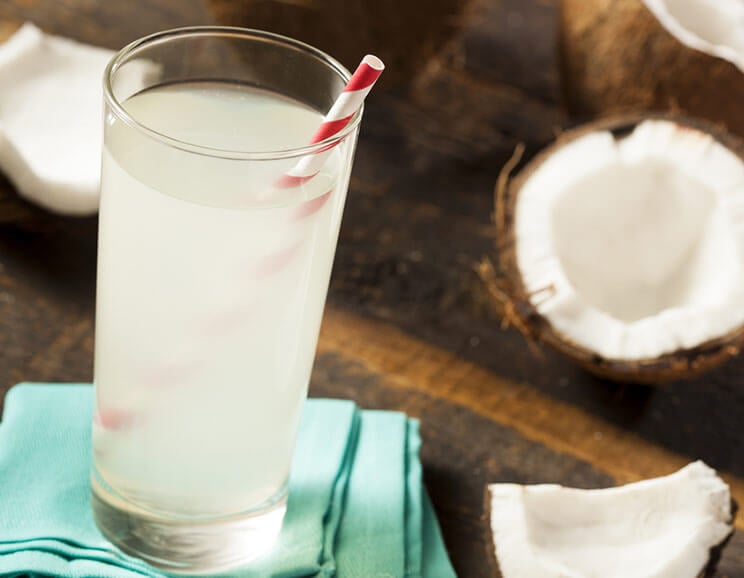
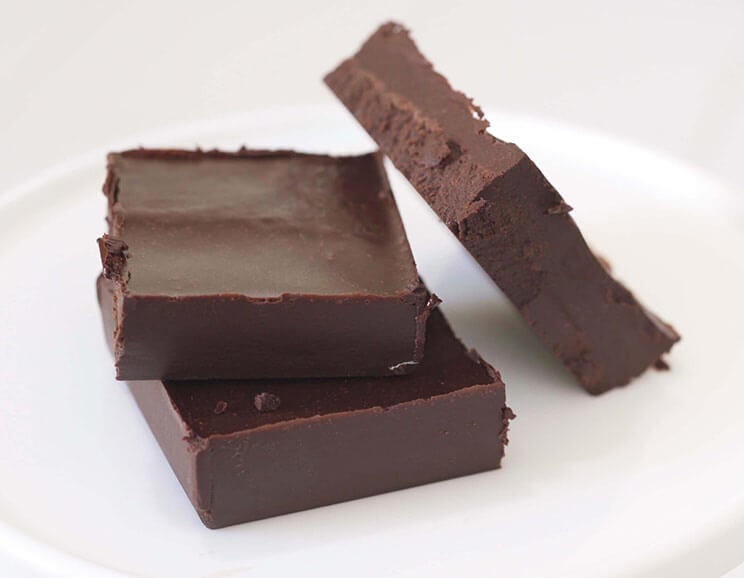
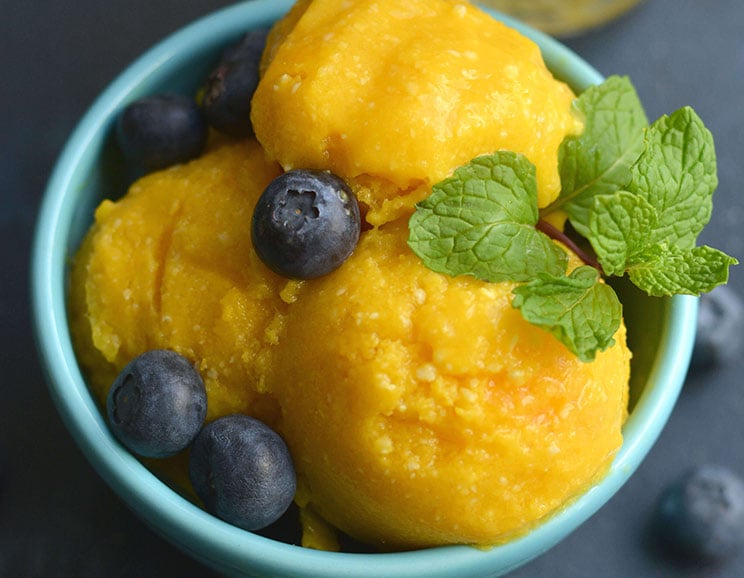




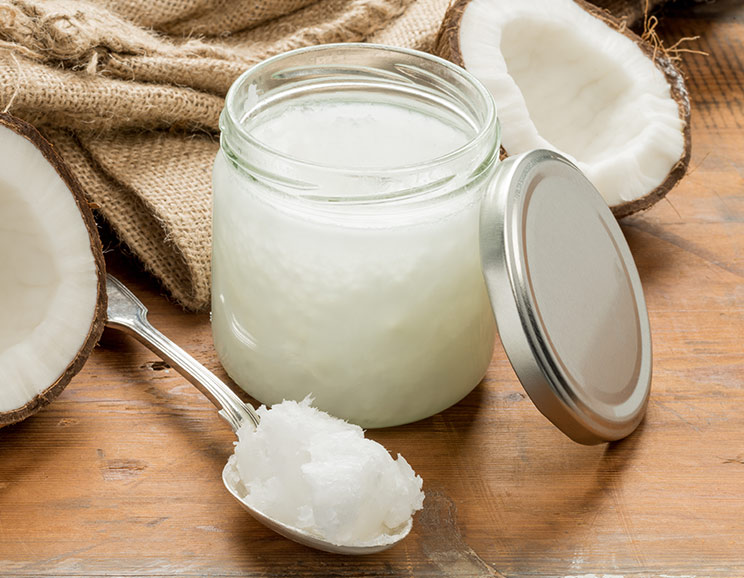
Show Comments